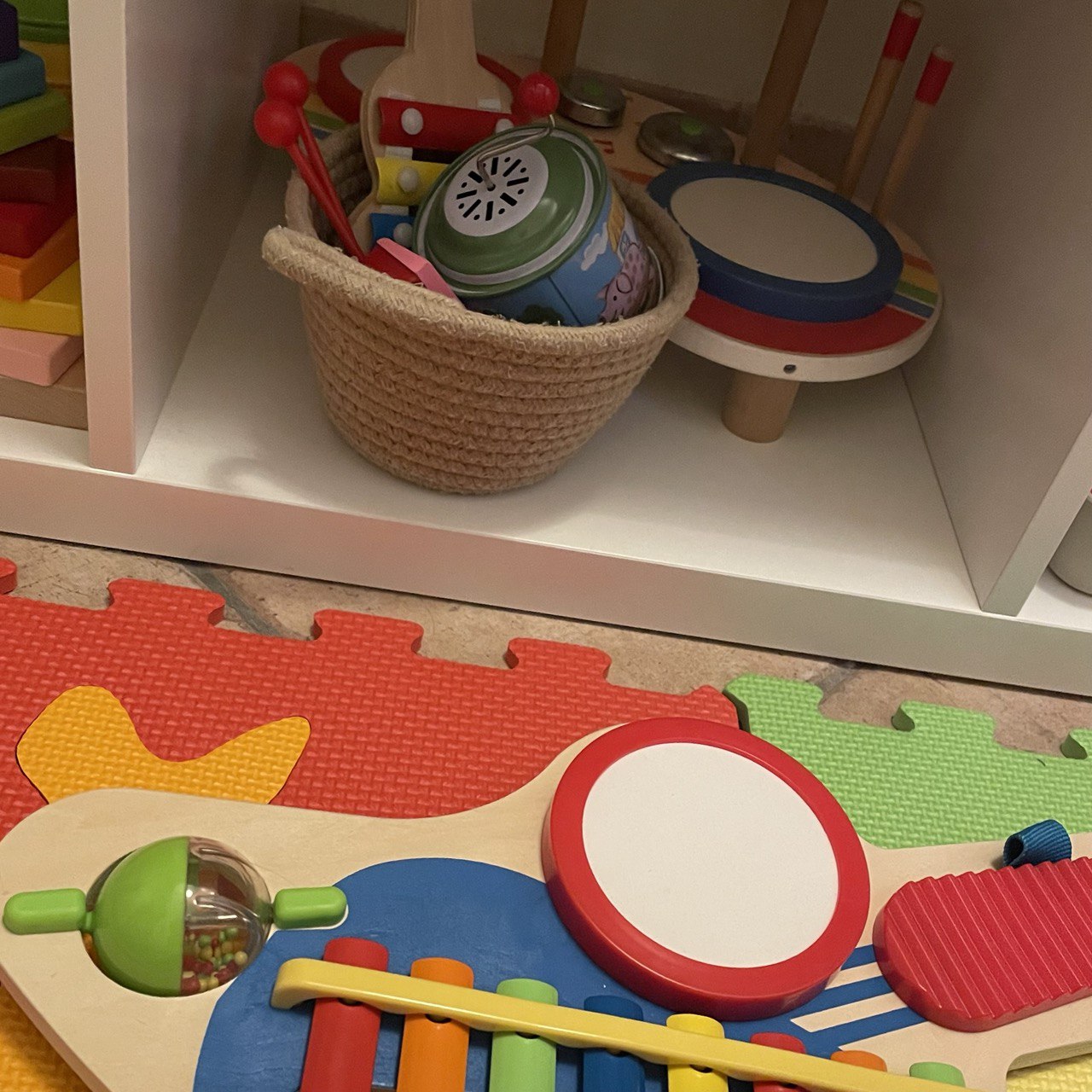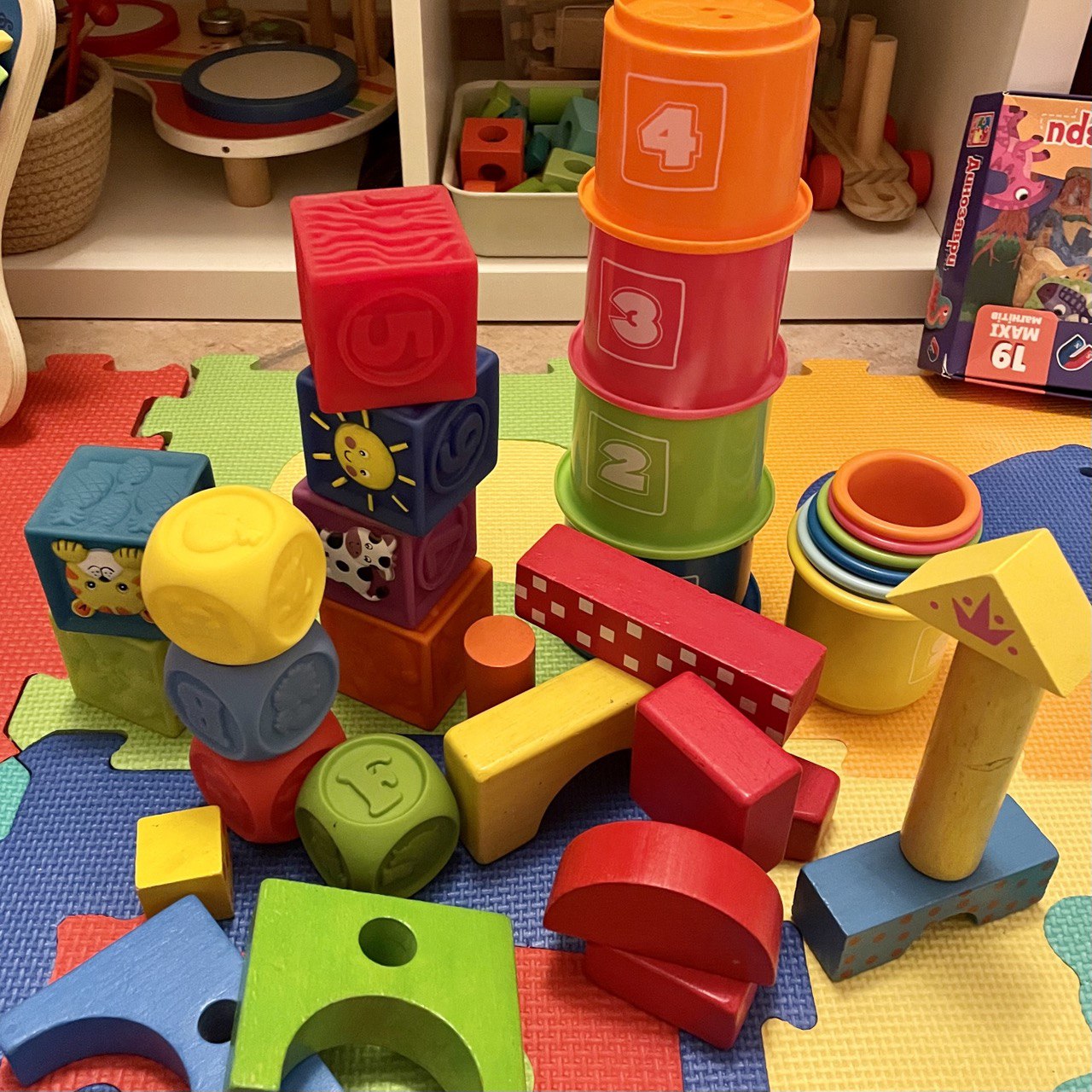What Are The Benefits of Puzzles in Early Childhood Development?
In the colorful world of childhood, puzzles stand as timeless companions, offering not just entertainment but also serving as powerful tools for cognitive and emotional development. From simple wooden shapes to intricate jigsaw designs, puzzles hold a special place in the journey of a child's growth.
.jpg)
Let's delve into the myriad ways puzzles help shape and refine young minds, fostering essential skills that lay the foundation for future success
Enhancing Cognitive Skills
Puzzles are like mental gymnasiums for young brains, providing exercise for various cognitive functions such as problem-solving, spatial awareness, and logical reasoning. As children manipulate pieces to fit into place, they engage in critical thinking processes, learning to analyze patterns and make connections. This mental workout strengthens neural pathways, enhancing memory retention and boosting overall cognitive abilities.
Fostering Patience and Persistence
Completing a puzzle requires patience and perseverance, virtues that are invaluable throughout life. As children encounter challenges and setbacks, they learn to embrace the process of trial and error, developing resilience in the face of adversity. Every piece that fits into its designated spot reinforces the importance of persistence and the satisfaction of overcoming obstacles, nurturing a growth mindset essential for tackling future endeavors.
Encouraging Fine Motor Skills
The act of grasping, manipulating, and fitting puzzle pieces into place is a fantastic way to refine fine motor skills in young children. Whether it's turning wooden blocks or slotting together interlocking pieces, these activities strengthen hand-eye coordination and dexterity. As children master the precise movements required to solve puzzles, they lay the groundwork for future tasks such as writing, drawing, and intricate crafts.
Promoting Social Interaction
Puzzles are not just solitary pursuits but also provide opportunities for social engagement and collaboration. Whether working on a puzzle with siblings, peers, or parents, children learn the art of cooperation, communication, and sharing. Collaborative problem-solving fosters teamwork and empathy as children learn to understand and respect each other's perspectives, laying the groundwork for healthy social relationships in the future.
Boosting Self-Esteem and Confidence
Successfully completing a puzzle instills a sense of accomplishment and pride in children, boosting their self-esteem and confidence. Each piece placed is a tangible representation of their abilities and efforts, reinforcing a positive self-image. With each puzzle conquered, children gain the confidence to tackle increasingly complex challenges, setting the stage for a lifetime of learning and achievement.
In the tapestry of childhood development, puzzles emerge as vibrant threads, weaving together essential skills and fostering holistic growth. Beyond mere entertainment, puzzles offer a myriad of benefits, from honing cognitive abilities to nurturing social-emotional skills. As caregivers and educators, let us recognize the profound impact of puzzles and embrace them as invaluable tools in shaping the bright futures of our children. Let the journey of discovery and learning continue, one piece at a time.
10 Best Hand-Eye Coordination Activities for Toddlers
AFFILIATE DISCLOSURE
This post may have affiliate links, which means I may receive commissions if you choose to purchase through links I provide (at no extra cost to you). As an Amazon Associate, I earn from qualifying purchases.

